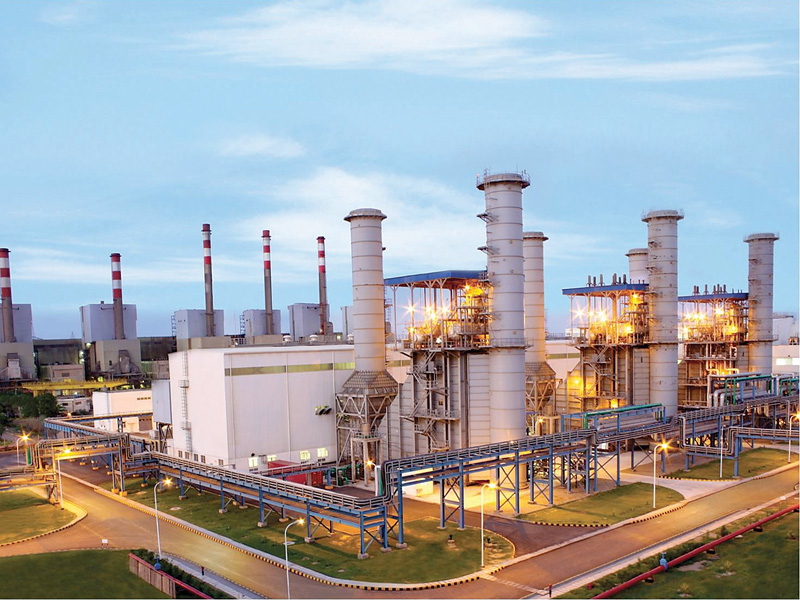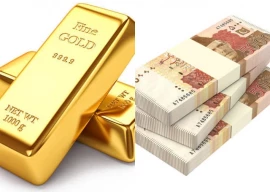
Foreign investors will put in $300 million over the coming months to convert some of Karachi Electric Supply Company’s (KESC) oil-fired power plants into relatively cheaper coal-fired ones, KESC Chairman Tabish Gauhar told The Express Tribune.
Work on the conversion project, which involves building coal-run boilers and auxiliary equipment, begins as soon as the government offers an electricity tariff, he said.
“We stand ready to start work. Everything is in place. We are only waiting for the National Electric Power Regulatory Authority (Nepra) to give us a tariff now,” he said. “Environmental studies are done and contracts have been signed with two Indonesian companies for coal supplies.”
KESC also inked an engineering, procurement and construction (EPC) contract with China’s Harbin Electric International earlier this month.
Dubai-based Abraaj Capital, the sponsors of KESC, has wooed investment from South Africa, China and other countries that will come to the project through a special purpose vehicle by the name of ‘K-Energy’.
Gauhar said KESC will lease two of its units from its massive Bin Qasim power plant to K-Energy for 20 years. “This means around 400 megawatts (MW) of power generation will be switched to coal.” The project involves units 3 and 4 of Bin Qasim Power Station-1.
KESC has been pursuing Nepra to offer a separate tariff that offers a reasonable return to investors.
The project will help improve KESC’s financial position as it will receive fixed payments under the lease while relieving it from worries of keeping up efficiency levels at the old plants.
Soon after coming to power, the current government was faced with resolving the energy crisis, which had crippled economic growth and daily life.
A vicious cycle of debt bogged down the entire energy supply chain as power distributors delayed payments to generators who in turn faced difficulty in clearing dues to fuel suppliers like Pakistan State Oil (PSO), Sui Southern Gas Company (SSGC) and refineries.
The government cleared Rs500 billion of the circular debt along with an understanding that some of the independent power producers (IPPs) will switch to coal in a bid to cut costs.
But unlike IPPs, which operate under air-tight agreements offering internal rate of returns of up to 17%, KESC’s power plants have efficiency-based tariff. “We don’t get the returns on this cost-plus formula,” said Gauhar.
Hub Power Company, an IPP with over 1,400MW of capacity, is also in the forefront of switching oil-run plants to coal. But its CEO, Khalid Mansoor, recently complained that the government has yet to come out with a tariff policy for the purpose.
A move to coal is particularly important for KESC, which has faced gas supply disruptions as the government diverts depleting reserves to households and factories.
“Our primary benefit from this conversion would be the reduction in power tariff,” said Gauhar, explaining that if one unit of power generated using coal costs Rs10, compared to Rs18 to Rs20 it costs on furnace oil.
Coal imports
KESC is the only company in the advance stage of undertaking coal conversion, said Aasim Siddiqui of Marine Group of Companies, which is building a dirty terminal at Port Qasim with an annual capacity to handle 15 million tons of coal, cement and clinker.
“We have signed an agreement with KESC to handle 5 million tons of coal for them,” he said.
Published in The Express Tribune, November 22nd, 2013.
Like Business on Facebook, follow @TribuneBiz on Twitter to stay informed and join in the conversation.
COMMENTS (3)
Comments are moderated and generally will be posted if they are on-topic and not abusive.
For more information, please see our Comments FAQ

















So the obvious question is "what is the reasonable return" that the investors are asking for and how does this compare with a corresponding interest rate from ADB or similar - chances are it's much higher.
@piddler, I believe they are using imported coal. Local coal cannot be used due to low quality
Finally some commonsense prevails. Coal is ours not imported. Now stop trucking and start railroading for a healthy Pakistan